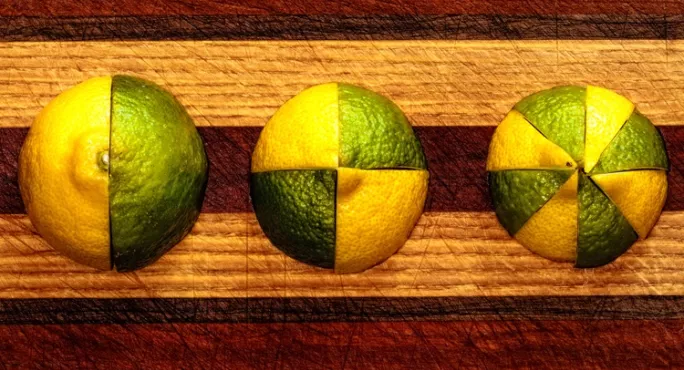Vocabulary is not something that you would usually associate with the maths classroom, but, as a fairly experienced maths lead, I am continually promoting the importance of using the correct terminology in this subject.
Why? Because vocabulary matters - and it matters as much in maths as it does in “wordier” subjects. Mathematical concepts lend themselves to confusion and misconception among pupils, and the same goes for mathematical vocabulary.
Take this example: I was once observing a Year 1 class learning about shape and heard the teacher describe a rectangle as “a square that God has stretched”.
Now, I am all for “child speak”, but we need to be very careful in the words we choose to help conceptual understanding. The description above might help pupils to identify a rectangle by remembering that it looks like a “stretched square”, but it could also embed serious misunderstandings about how rectangles are formed.
Another example. At a recent staff training session, I wrote two fractions on the board (nine-fifths and 1 and four-fifths) and asked colleagues what they could say about each one. Being a staff with good subject knowledge, they came up with the obvious: improper fraction and mixed number.
Maths: choose your vocabulary carefully
This is where the debate started. I suggested that these terms, in particular “improper fraction”, should not be used, despite having used them myself regularly over the past 15 years. But why?
My reasoning is that I feel it gives children an incorrect message. By calling a fraction “improper”, you suggest that it isn’t a fraction at all, that there is something “wrong” with it.
I put across to the staff that a more accurate description might be “fraction greater than 1”.
This prompted further discussion, as it was suggested that a fraction always has to be less than one. This is precisely where I believe the problem with using the term “improper fraction” lies; it accentuates the idea that a fraction is “wrong” if it is not less than one.
Children need to see that fractions are as much a part of the number system as 1, 2 and 3. They should see them as simply greater or less than the whole. Ultimately, this will support fluency, when it comes to working on equivalence between fractions, decimals and percentages.
So what can we do to make sure that pupils know and understand mathematical vocabulary that will further, rather than limit, their understanding?
In our school, we have identified key vocabulary for each unit that will be consistently used across each year group. This has been a staple for a few years now.
However, it is also important to constantly refresh staff understanding to make sure that we are all on the same page. For example, following the discussions in my recent training session, we are now planning a staff session specifically around identifying any key vocabulary that may be confusing for pupils or detrimental to their conceptual understanding.
The term “improper fraction” is fairly well ingrained (not to mention being included in the national curriculum), so would be difficult to remove in its entirety. But this is certainly food for thought.
Kevin O’Brien is a maths coordinator, SLT and Year 6 teacher in Merseyside


